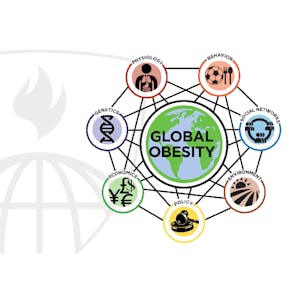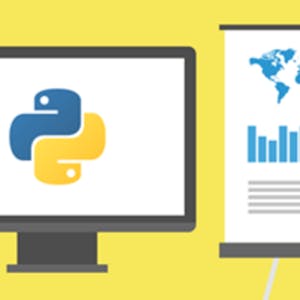Systems Science and Obesity
About this Course
Systems science has been instrumental in breaking new scientific ground in diverse fields such as meteorology, engineering and decision analysis. However, it is just beginning to impact public health. This seminar is designed to introduce students to basic tools of theory building and data analysis in systems science and to apply those tools to better understand the obesity epidemic in human populations. There will also be a lab in which students will use a simple demonstration model of food acquisition behavior using agent-based modeling on standard (free) software (netlogo). The central organizing idea of the course is to examine the obesity epidemic at a population level as an emergent properties of complex, nested systems, with attention to feedback processes, multilevel interactions, and the phenomenon of emergence. While the emphasis will be on obesity, the goal will be to explore ways in which the systems approach can be applied to other non-communicable diseases both nationally and internationally. Topics will include: a) the epidemiology of obesity across time and place, b) theories to explain population obesity, c) the role of environments and economic resources in obesity c) basic concepts and tools of systems science, d) modeling energy-balance related behaviors in context, e) agent-based models, systems dynamic models, and social network modelsCreated by: Johns Hopkins University

Related Online Courses
This course introduces you to the design and implementation of Android applications for mobile devices. You will build upon concepts from the prior course, including handling notifications, using... more
Gain a holistic understanding of NIST cybersecurity fundamentals. You will learn about the RMF process and managing risk by identifying, assessing and responding to risk. Additionally, you will... more
Like most subjects, practice makes perfect in Data Science. In the capstone project, you will apply the skills learned across courses in the Practical Data Science with MATLAB specialization to... more
This course is designed for professionals and students in cybersecurity and remote work and will provide essential knowledge and strategies to navigate the evolving landscape of remote work... more
One of the most important skills of successful data scientists and data analysts is the ability to tell a compelling story by visualizing data and findings in an approachable and stimulating way.... more








